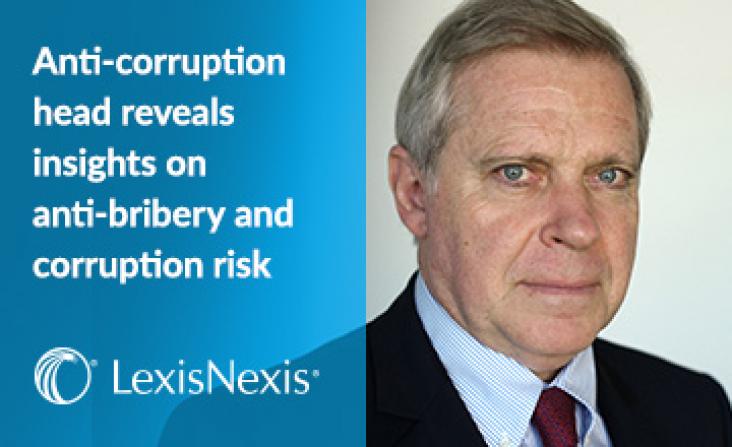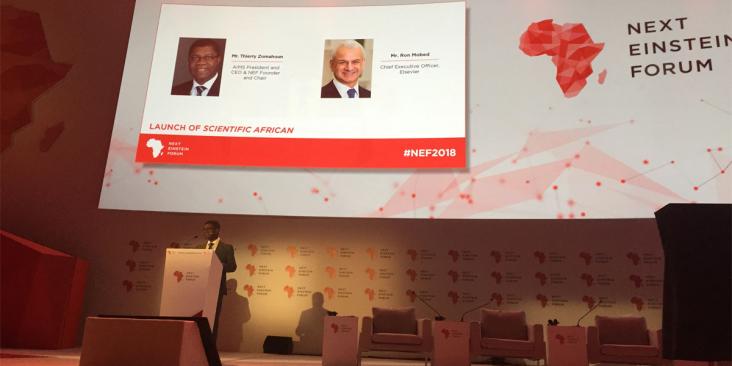Despite the fact that getting a job with a living wage decreases the risk that an individual will commit another crime, society places many barriers to people with criminal records re-entering the workforce. SDGs 8 and 10 includes bringing the formerly incarcerated back as contributing members of society by providing meaningful work. SDG 5 also is impacted, as bias against women with criminal histories is greater than against men. A new study reveals that misconceptions that prevent employers from considering job applicants with criminal histories are not supported by the data; these workers prove to be as good or a better “quality of hire” than employees without a criminal record.
This book chapter advances SDGs 10 and 13 by explaining how current psychological perspectives on social identity, identity-based motivation, and belonging help shape public engagement and identify key social psychological processes that may contribute to persistent and substantial disparities in the environmental sector.
What can an employer do to make its workplace more veteran friendly? The following are some affirmative steps an employer can take to make its workplace fairer towards veterans and provide them with increased professional opportunities to level the playing field.
Background: An inclusive health curriculum within undergraduate and continuing professional development programmes (CPD) should include issues related to people whom identify as LGBT+.
This study explores family planning services available to lesbian, gay, bisexual, transgender, queer, intersex and asexual clients in order to inform clinical and research strategies. Themes discussed actively contribute to SDG 10 (reduced inequalities) and SDG 3 (good health and well-being).
Background: Concurrent psychosocial problems may synergistically increase the risk of HIV infection (syndemics), representing a challenge for prevention.

Supporting goal 10 (reduced inequalities) and goal 16 (peace, justice and strong institutions) Patrick Moulette, Head of the Anti-Corruption Division at the OECD shares how the legislative landscape has changed since countries signed the OECD Anti-Bribery Convention 20 years ago, and the impact it has had on companies’ attitudes towards compliance.

An XpertHR survey shows that the problem of sexual harassment continues to be a high concern of employers. Providing a safe and legal workplace environment are part of achieving SDGs 5, 8 and 10. This article addresses concerns and offers practical advice on preventing and/or addressing sexual harassment in the workplace.
Contributing to SDG 3 (good health and well-being) and SDG 10 (reduced inequalities), this article explores how frequently gender-affirming treatments are performed, and the number of people experiencing regret of this treatment.

Supports Goals 4 and 10. A unique partnership between the Next Einstein Forum (NEF) and Elsevier will see the creation of a new pan-African, peer reviewed, open access publishing journal, dedicated to boosting the global reach and impact of research by Africans.
